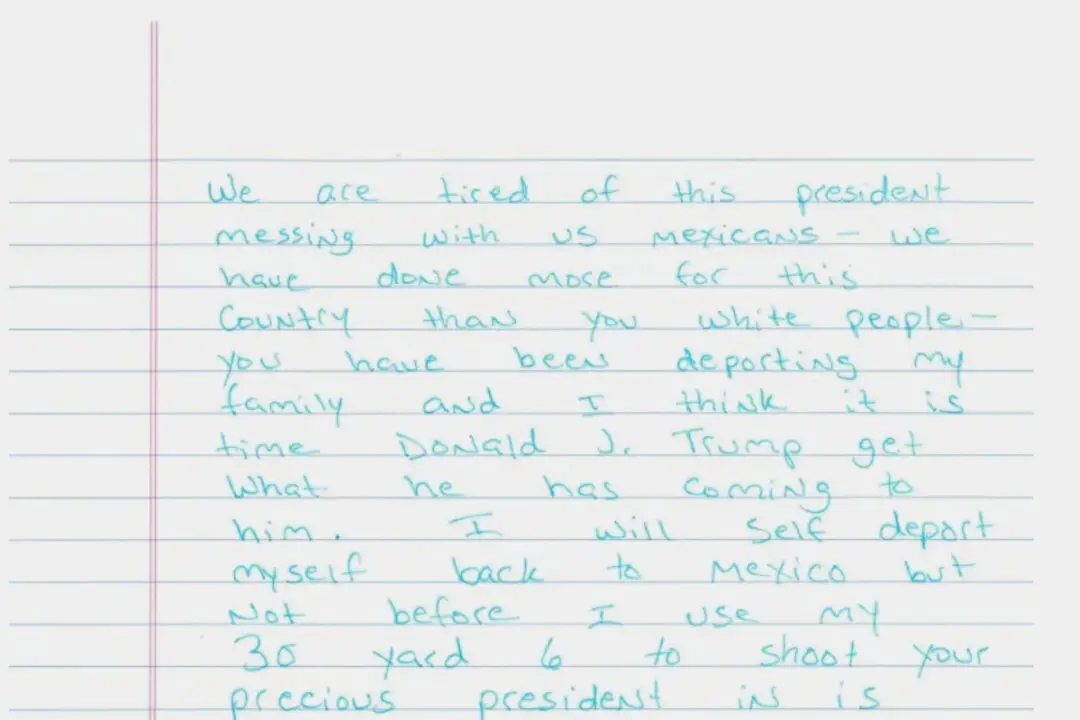WASHINGTON—Vermont independent Sen. Bernie Sanders is preparing an aggressive push to regain ground in the race for the Democratic presidential nomination, combining a series of ads, policy speeches and appearances before key groups of voters in a bid to ignite his challenge to front-runner Hillary Rodham Clinton.
Much of his effort will focus on attracting minority supporters, starting this weekend with events with black voters in South Carolina and Hispanics in Nevada. Up next are a series of speeches designed to answer questions about where he would take the nation as president.
A wild card remains in how Sanders chooses to address Clinton’s use of a private email system while serving as secretary of state. After seeming to set aside the issue of what he described as her “damn emails” in the first Democratic debate, he appeared to reopen the saga in an interview with The Wall Street Journal on Wednesday, saying there are “valid questions” about her correspondence.
That prompted a sharp response from the Clinton campaign, with spokesman Josh Schwerin accusing Sanders and his strategists of engaging “in the type of personal attacks that they previously said he wouldn’t do.”
Tad Devine, Sanders’ chief political strategist, pushed back against the notion that Sanders had shifted his approach.
“Bernie’s never gone there and I don’t see us going there in the campaign unless it gets incredibly nasty and they make outrageous accusations about him,” Devine said. “I hope that doesn’t happen.”
The exchange underscores the central challenge for Sanders as he attempts to boost his support ahead of the Iowa caucuses, now roughly three months away — how to draw distinctions with Clinton without violating his pledge to avoid character attacks.
His speech last month in Iowa during the party dinner included a series of sharp contrasts with Clinton on issues important to the Democratic base, such as the Keystone XL pipeline, the Trans-Pacific Partnership trade deal, gay marriage and the Iraq war.
In an interview with The Associated Press on Wednesday, a day after Clinton reinforced her support for a $12 minimum wage, Sanders said the next president must press for more.
“The goal has got to be over the next few years no worker earns less than $15 an hour,” Sanders said.
Sanders’ campaign is considering a speech, possibly in New York, to provide more details on his economic policies, including how he would seek to structure tax rates to pay for his domestic policy agenda and seek to regulate Wall Street. Other topics he plans to address are how he would serve as commander-in-chief and a domestic policy agenda that will include proposals on family and medical leave, a Medicare-for-all health care system and an expansion of Social Security benefits.





